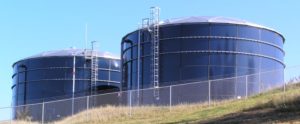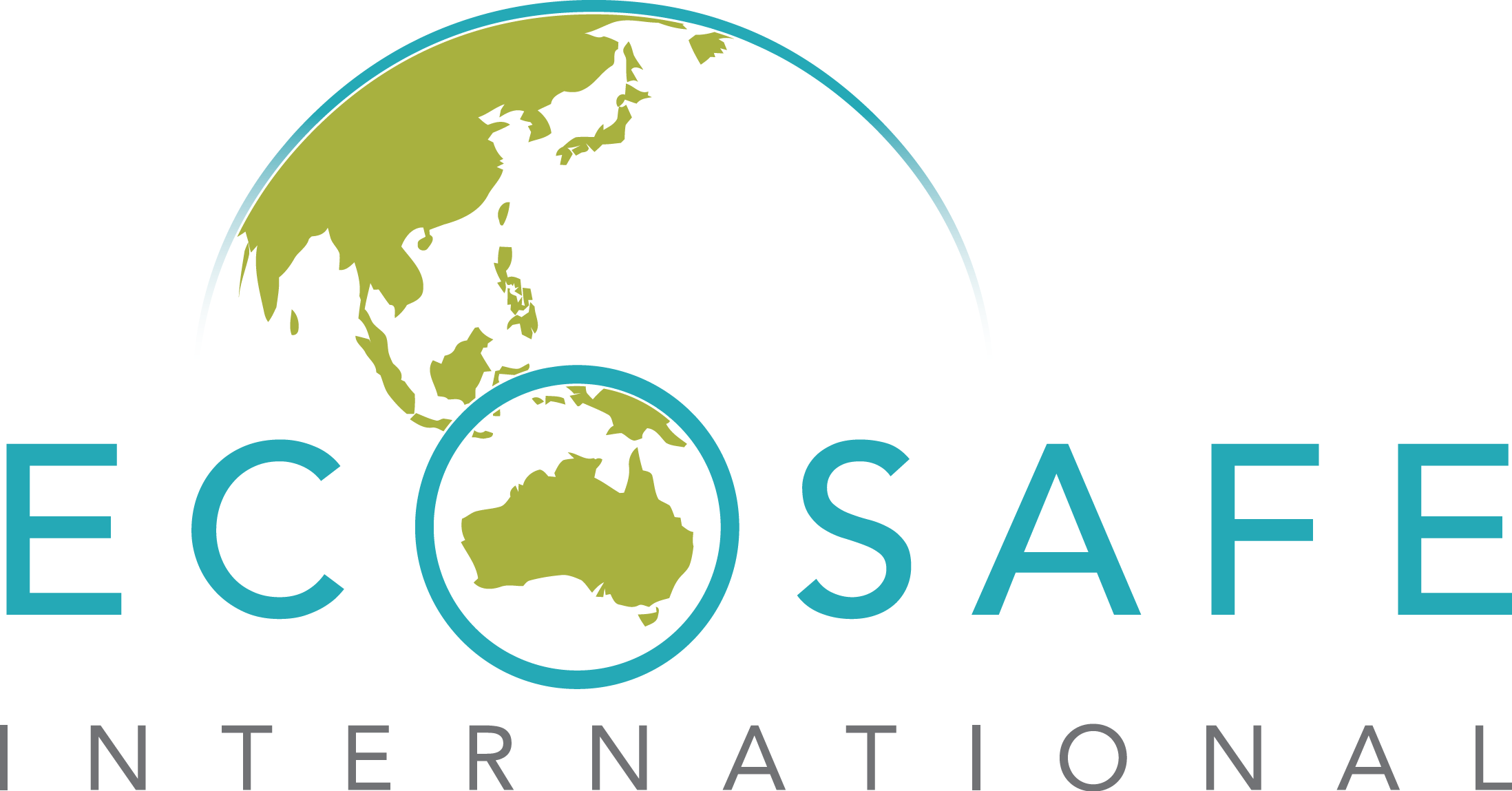
Drinking Water Storage Tanks (DWSTs) are a key part of most water distribution systems assisting to ensure a continual supply of water to consumers. However, DWSTs can also commonly become a point of contamination of drinking water supplies if not managed well.
Maintaining a closed system such that no contamination of the drinking water supply from outside the system is a key barrier to the protection of drinking water quality. DWSTs are a significantly vulnerable point as it is not a pressurised environment like a water main. Therefore, significant attention should be paid to ensuring that the integrity of tanks is maintained and that the water quality does not decrease whilst passing through the tank.
The key considerations in management of water quality in DWSTs include:
- Maintaining tank integrity (including screening of outlets), particularly of the roof to prevent entry of rainfall and vermin;
- Securing tank access to prevent unauthorised access and / or vandalism;
- Management of chlorine residuals in the tank to prevent microbial growth and manage any possible microbial contamination;
- Management of water age or the length of time water is held in the tank so that it doesn’t become stagnant;
- Management of biofilm growth and sediment levels in the tank which may harbour opportunistic pathogens; and
- Labelling of tank and associated pipework to clearly note that it is for potable water use.
Key strategies to manage water quality in DWSTs include:
- Routine inspection of the tank integrity including the tank exterior (particularly the roof), tank interior, overflow points and air vents;
- Cleaning of tanks based on accumulation of sediments and biofilm within the tank;
- Management of water age and stagnation (water in tank should turn over at least weekly);
- Routine testing of chlorine with additional dosing as necessary to maintain adequate chlorine residual (>0.5mg/L) within the tank and downstream to system end points; and
- Routine microbiological and chemical testing using a risk based monitoring program.
In the case where it is decided that secondary disinfection (e.g. chlorine booster) is necessary (normally due to persistent microbial detections / inadequate residual chlorine at system endpoints), the DWST provides a useful reservoir to maximise contact time and thereby effectiveness of disinfection.
How Ecosafe can help with Drinking Water Consulting in Australia & Internationally
Should you require assistance with managing the water quality risks related to your DWSTs or your water systems generally, Ecosafe International has a multidimensional team which includes water quality professionals and specialists (including a Lead Water Management System Auditor Accreditation No: 111355), Legionella specialists, water quality engineers, waste and recycled water specialists, auditors, workplace trainers and compliance specialists who provide our clients with practical, risk based solutions tailored to their needs.
Ecosafe International has a proven record of accomplishment and specialises in a range of consulting and auditing services related to water, environment and health and conduct work for clients both locally and internationally.
If you are interested in knowing more about how we can assist you with managing the water quality risks in your water systems Contact us online or call 1300 73 93 73.
Connect with us on Facebook.
